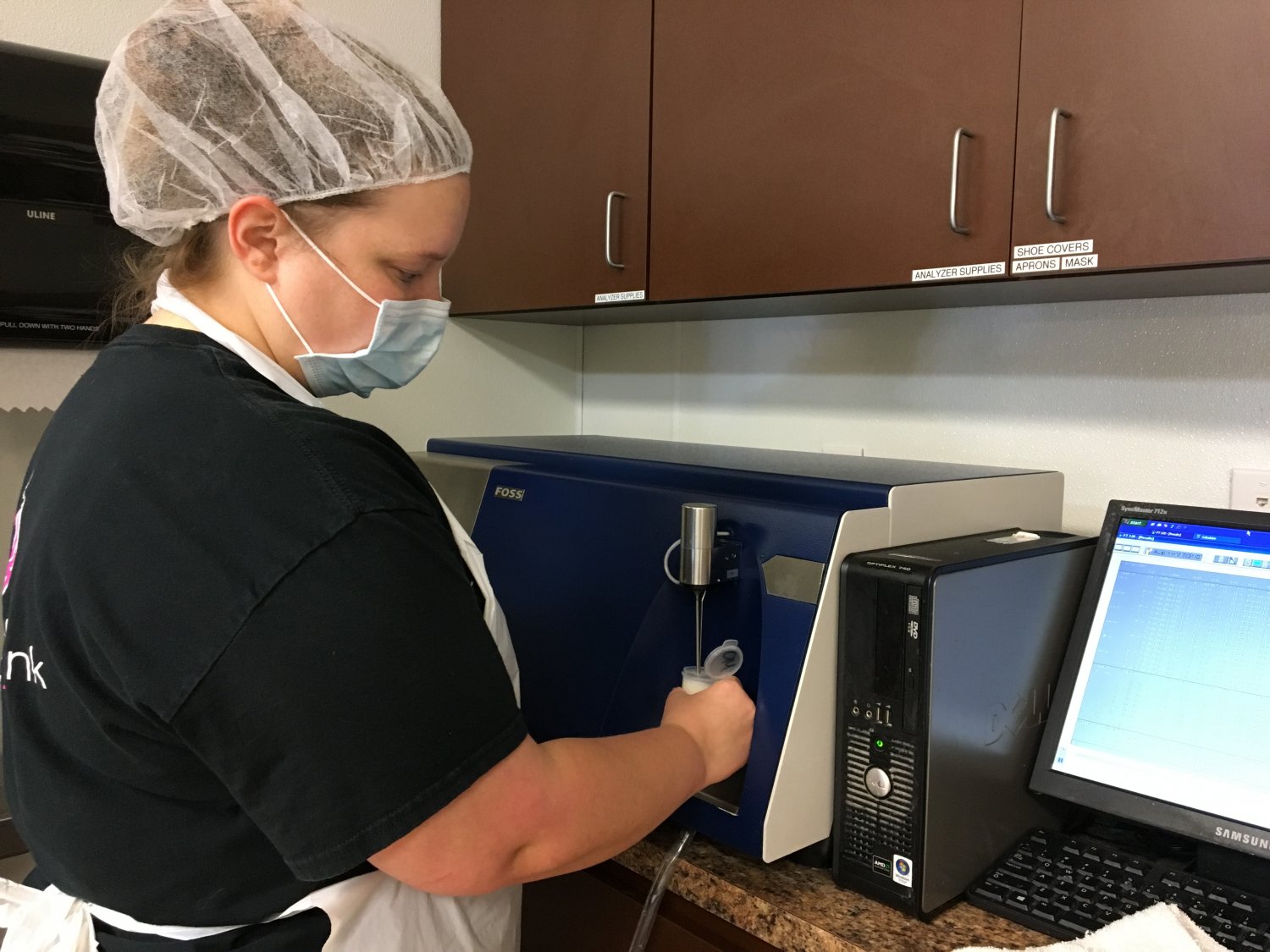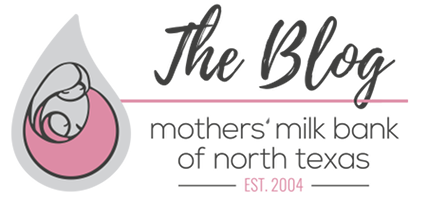Nutritional Analysis, Explained
Wednesday, 1/25/2017
In the pasteurization lab at Mothers’ Milk Bank of North Texas, accuracy and attention to detail are essential to processing donor human milk. One main step in the process is nutritional analysis, which helps staff determine how to classify the milk.
After milk is thawed and mixed, a sample of each individual donor’s milk is tested. The analyzer evaluates macronutrient content using an automated full-spectrum laser spectroscopy, which is calibrated to USDA standards. These calibrations are designed specifically for human milk. The analysis measures fat, protein, and lactose for each donor’s milk.
These measurements are used to determine how milk can be pooled. After each pool has been pasteurized, a sample is once again analyzed to determine the final macronutrient content and the calories per ounce. Hospitals use this information to ensure the babies they treat are receiving the proper calories and nutrients to grow.
Nutritional analysis provides vital information for both MMBNT and hospital staff. With this information, critically ill infants can receive the nourishment they need from donor human milk.
For more information about Mothers’ Milk Bank of North Texas, click here.

